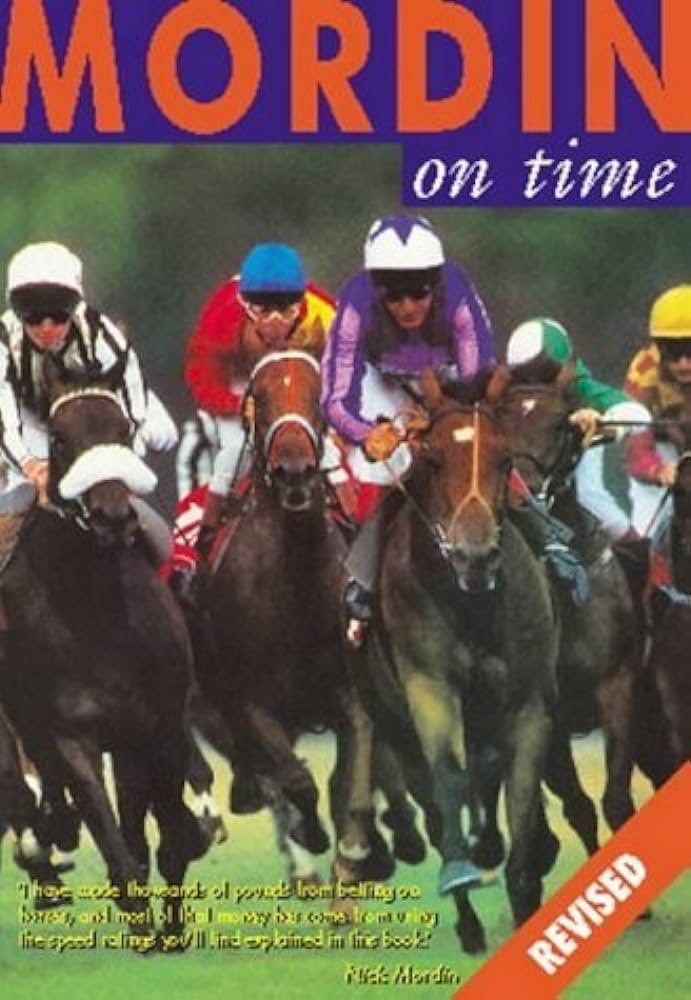 I guess we all have a story to tell when it comes to betting.
I guess we all have a story to tell when it comes to betting.
Over the years, I’ve had personal experiences of winning and losing big bets. Many of these stories come from betting online, at the track in bookmaker’s shops. However, the following bets were placed online. Moments of great joy and conflicting disappointment.
My Learned Friend
Considering most of my betting is done online I could pick umpteen moments featuring both highs and lows. I’ve had a few decent wins. One that sticks in the mind is a while back, a horse called My Learned Friend, trained by Andrew Balding. The horse won in a photo-finish beating a previous winner who had to carry a win penalty. John Gosden mentioned that his, second, was unlucky and thought the win penalties were unfair. Speaking from my pocket I was very happy the burden of the penalty hindered the runner-up as it won me £1,600. I bought an Omega watch (1970s style) as a memento.
One Lay Bet Too Many
The worst lay bet of my life could have won me £20. The loss much greater. To be fair, I had been flying along and laid so many horses to lose I £4,000 in profit from an initial betting bank of £20. It was truly incredible. I laid well over 100 losers on the trot. However, most of the horses were priced 10/1+. Some were priced 200/1 on the betting exchanges. I generally laid horses at odds of 100/1 and less.
There is something very unnerving about laying a horse to lose £2,000. Obviously, there is good reason to lay the horse.
However, anything can happen when betting.
Horses can defy the odds. If the favourite disappoints, then I’m one step closer to losing. If the second and third favourite under perform I’m looking at the horse I laid to lose like a hawk. I’m hoping and preying the horse is struggling. When it is not, I start to worry. I’ve had horses at giant odds run well and finish fourth or fifth. I’ve had others finish second, pressing hard. When two horses are astride you fear the lay bet will take advantage. If it does you desperately hope the chasing horse responds.
It’s not all bad.
When you’re four grand in front you can suffer a loss. You don’t want it but you can afford. You definitely don’t need it. But it happens. If you bet long enough you realise anything can happen.
And one day it did happen.
I’d been to my aunts funeral. I should have taken that as a bad sign. However, I thought I could win an easy £20 laying a horse at 36/1 for a potential loss of £720. I was confident I had the odds in my favour. However, this debutante travelled ominously well. When I see the favourite struggling I had a bad feeling. The horse I’d laid cruised up and shot clear of the field. I never felt I had a hope of fighting back. It was over. I watched the horse win easily costing £720. To be fair, losing that amount of money wasn’t good news. But you win some you lose some. You should always expect a bad day even though you don’t want it because you have to brace yourself for disappointment. I was still winning £4,000 so the profits were astounding. But I didn’t enjoy the feeling and stress levels of laying a horse to lose hundreds if not thousands. It felt more natural to bet on horses to win. I’ve often wondered where I would be if I had continued laying big priced horses. When I see one or two win I am pretty sure that would have cost me. But what about all the wins too. We will simply never know. Although I can guarantee I’d have never laid more than my betting bank so it wouldn’t have cost me a penny.
A Terrible Day
One of the best and worst days of my betting life. It should have been so different. How many times have you heard that before? However, I do feel aggrieved. I’m not sure what is the opposite of Lady Luck but she must be some vicious old witch who spits in your tea when you’re not looking. Cinderella and the two ugly S@*gs. This evil beast pulled my pants down and stole my money. Yes, you can tell I’m still suffering from that day as it really was a life-changing moment. I had a bet to win £10,000. Worse still, my bet looked like a certainty. I know you are saying: ‘Yes, of course it did. Keep telling yourself that!’ However, if you watched the race you would feel pretty much the same. I had little to nothing to lose. My bet to win £10,000 cost £45. The price on Betfair – 300/1.
Entering the final furlong my horse ran on well and got to the lead. I was ready to see it go clear but noticed the jockey sitting very still. For the life of me I couldn’t understand what he was doing. It was like he daren’t move. It made no sense. But then it did make sense. I see him lean slightly to one side and the next thing he was on the floor. The saddle had slipped with less than 100 metres to go. Honestly, I felt sick. I couldn’t believe how such a thing had happened. Not on the Flat. It can happen but usually on the National Hunt. It happened. That was the final result. What a kick in the stomach. What could have been. I had laid £400 in running at even money. A small consolation prize but something. That’s how close I come to winning a five-figure sum for pennies. A stride or two more I would have won £10,000.
My brother had a fiver to win a couple of grand.
What can you say?
That’s racing.
 I’m pretty sure Nick Mordin has always been a punctual kind of man.
I’m pretty sure Nick Mordin has always been a punctual kind of man. I guess we all have a story to tell when it comes to betting.
I guess we all have a story to tell when it comes to betting.